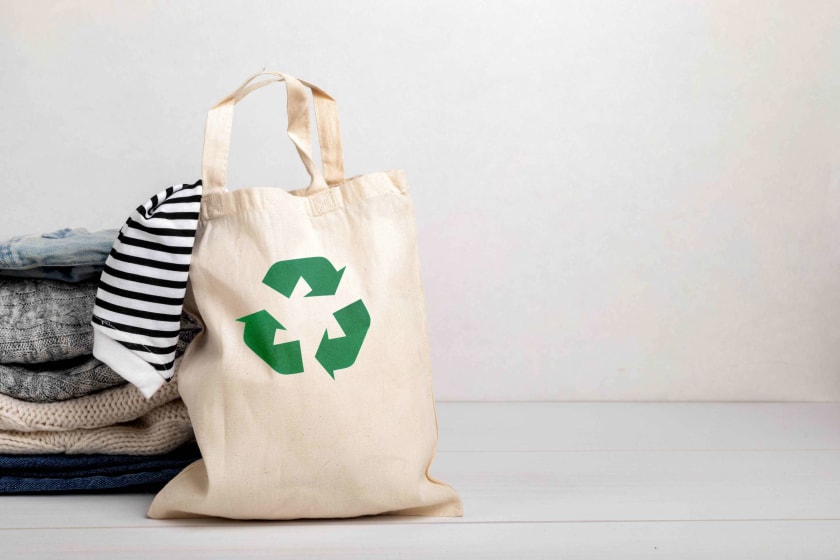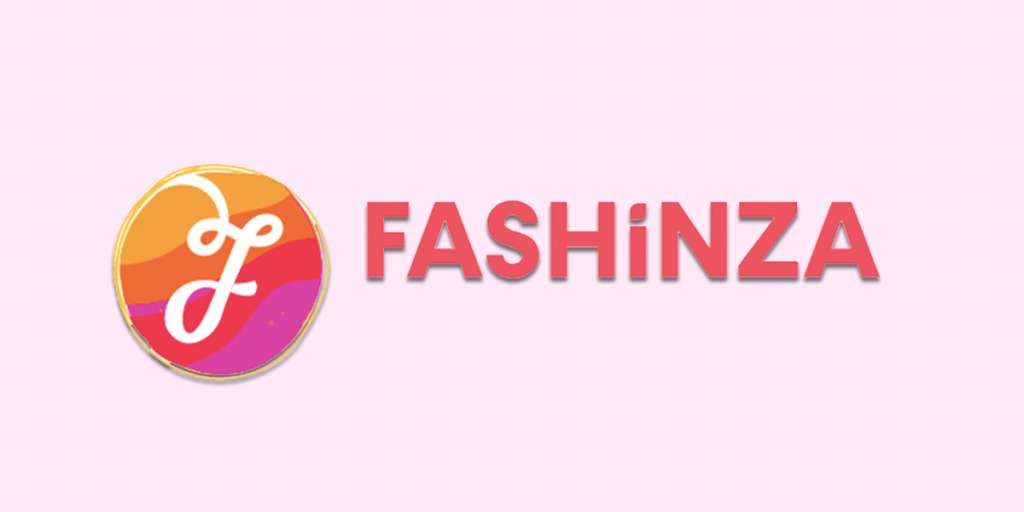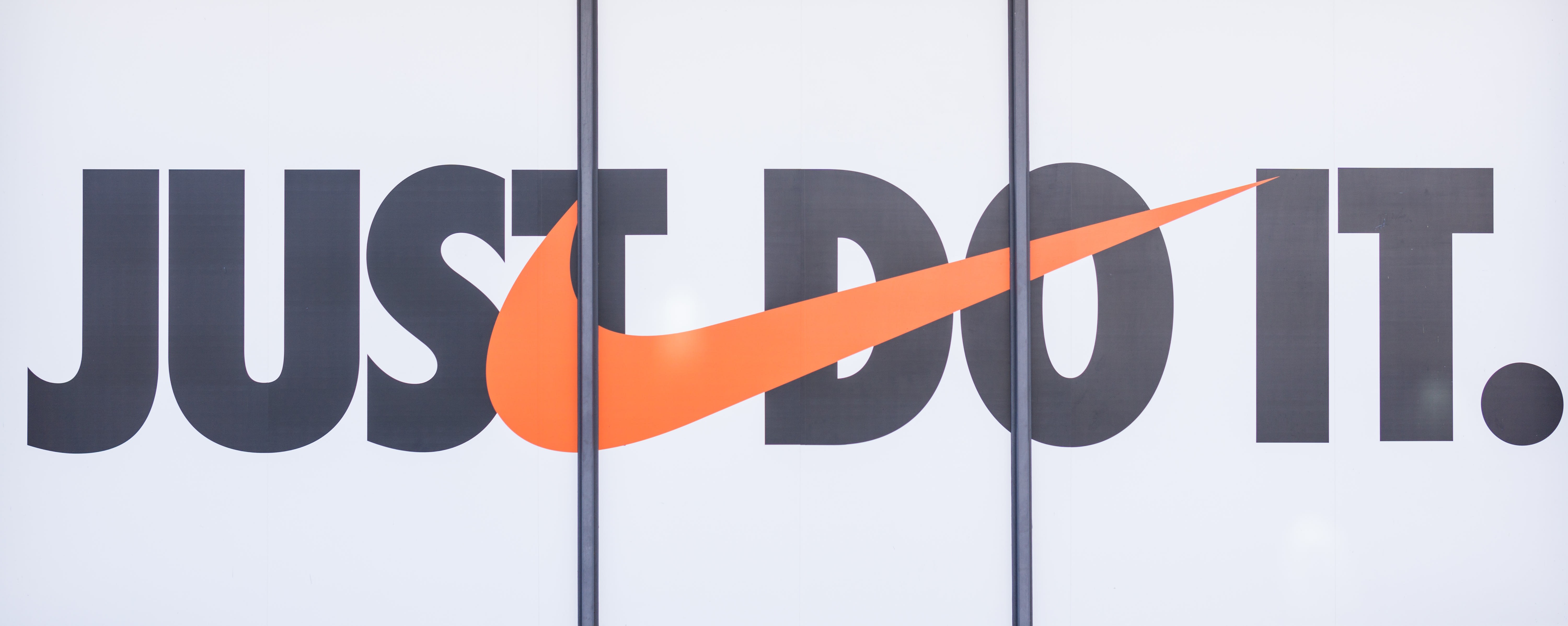50 Sustainable Fashion Terms For Beginners



With the increase in population and consumption of clothes worldwide, waste generated from the fashion industry has increased exponentially. Therefore, sustainable fashion is the only way to save our ecosystem. Sustainable fashion involves several terms that are used to define various sustainable practices. Here's a list of the most used fifty sustainable fashion terms that one should know:
1. Cradle to Cradle
This term stands for the practice of manufacturing biodegradable clothes using raw materials that cause no harm to the environment.
2. Sustainable Fashion
The practice of creating a balance between manufacturing and designing processes to produce sustainable clothing options.
3. Cradle to Grave
Cradle to Grave is a term used to denote an evaluation process. A product is tested for its environmental impact from its production to disposal.
4. Fast Fashion
Fast fashion is the process of manufacturing cheap clothes based on recent trends. Unfortunately, this practice substantially impacts the environment, as all these turn to waste once the trend subsides.
5. Slow Fashion
This sustainable fashion term represents the production and distribution of better-quality clothes. These clothes last longer and have minimal impact on nature.
6. Circular Fashion
Circular fashion is the practice of producing clothes and accessories to recycle them in the future.
7. Eco-fashion
Eco-fashion is a sustainable practice meant to manufacture clothes that benefit people and the environment.
8. Fair Trade Fashion
This term refers to creating a healthy working environment for the workers. Thus, safeguarding their health and working rights.
9. Vegan Fashion
When clothes are manufactured without using any animal-based raw materials, it is called vegan fashion.
10. Cruelty-Free fashion
Cruelty-Free fashion stands for a cloth manufacturing process free from animal cruelty, which means that none of the product testing processes involved animals.
11. Greenwashing
A process of creating a false image of a company as one which follows environment-friendly methods, masking its unethical practices.
12. Minimalism
Minimalism refers to the conscious consumption of clothes in a way that people buy fewer clothes and wear them longer.
13. Recycling
This sustainable fashion practice involves converting clothes waste into a valuable commodity.
14. Upcycling
Upcycling is a sustainable fashion practice where waste clothes are recycled to create products of better quality.
15. Down Cycling
Opposite to upcycling, this process involves sending products to waste because they are of less value, leading to pollution.
16. Transparency
Transparency in sustainable fashion means that brands are transparent about all the information about their products, from the material used to the production process.
17. Traceability
It is the ability to get information about the supply chain of a particular product giving consumers an idea of its manufacturing history.
18. Carbon Offsetting
Carbon offsetting is a practice where a company takes up environmental projects, like afforestation, to balance the carbon emissions during production.
19. Living wage
A living wage is the minimum pay a worker needs in the fashion industry to lead a decent life.
20. Organic Fashion
This sustainable fashion practice involves manufacturing clothes with the least amount of chemicals to reduce their environmental impact.
21. Locally Produced Fashion
Locally produced fashion refers to the local production and distribution of clothes to reduce transportation costs and carbon dioxide emissions.
22. Fashion seals
Fashion seals are certifications awarded to brands that help customers quickly identify sustainable clothes.
23. Sustainable Fashion Ranking
A ranking system by which brands are ranked based on how sustainably inclined their practices are.
24. FSC-Certified
This certification is for brands that use plant-based fabrics. It ensures that the fabric source used in their products is not an endangered tree or forest.
25. Biodegradable
A product is biodegradable when made from materials that ensure it can degenerate without any negative impact on nature.
26. Cost Per Wear
It is a metric used to evaluate the value of each wear of a cloth. For instance, if a 1000 rupees shirt is worn twice a year, the cost per wear is 500.
27. Rental Clothes
Rental clothes are clothes that are rented instead of purchasing them. This practice reduces cloth waste.
28. Resale
This practice is done to reduce the over-consumption of clothes. And one can make some extra money from their old clothes instead of throwing them as garbage.
29. Dematerialisation
Dematerialisation is a process in which the goal is to reduce the number of materials used in the design of cloth to cut down its environmental impact.
30. Product Carbon Footprint
A method through which one can measure the carbon emissions from the production of a product.
31. Over Consumption
Over-consumption is when people procure more clothes than they need and discard old clothes without wearing them for long.
32. Value chain
A method by which companies tend to add more value to their products. It is done through the production and marketing of products and by offering after-sale services.
33. GOTS Certified
A GOTS certification means that the product manufactured by a brand meets the Global Organic Textile Standards, and they manufacture clothes organically.
34. Zero Waste Fashion
Zero waste fashion means that the clothes are produced in such a way that leaves little or no waste during their production.
35. Compliance
This term stands for an act of following all the textile laws set up by the country of manufacture during the production process.
36. Conscious Consumer
A conscious consumer buys clothes only after proper thinking and research.
37. Microplastic
These are tiny plastics that are added to synthetic clothes and are responsible for polluting the environment.
38. Monoculture
It is the practice of growing only one type of crop in a particular area. This is usually done to supplement factories that need abundant crops like cotton for their textiles.
39. Tier-1 Factories
These factories handle the final product-manufacturing phase before starting the distribution process.
40. Deadstock Fabric
These are the type of fabric that a fashion company no longer require, and they discard them, causing cloth waste.
41. Craftsmanship
Craftmanship refers to manufacturing fabrics and different accessories using traditional techniques.
42. Paradigm Change
A paradigm change is introduced by a new perception or way of thinking. This makes way for better production practices that lead to sustainable fashion.
43. Second-hand Apparels
Clothes someone else wore earlier and now passed to the new owner are called second-hand apparel.
44. B-Corporation
B-Corporation is a certification that checks a company's triple bottom line, meaning its customers, environmental impact, and workers.
45. Modern Slavery
It is a form of slavery that includes severe exploitation of workers in debt and bondage by big industries for profit.
46. Green Factory
A factory that sustainably produces garments is known as a green factory.
47. LEED Certification
LEED certification is given to companies that adhere to sustainable practices and generate less environmental stress.
48. Circular Economy
A circular economy is a system where imported raw materials are discouraged from building an eco-friendly local economy.
49. Closed Loop fashion
In closed-loop fashion, new clothes are made from old clothes. This is done when a cloth reaches the end of its cycle and can be broken down and recycled.
50. Post-Consumer Waste (PCW)
To promote sustainable fashion, many brands use discarded clothes, commonly called post-consumer waste, to manufacture their collection.
These are some of the sustainable fashion terms that one should be aware of. And if someone is a fashion retailer and they wish to include some sustainable clothing options in their stores, they can reach out to Fashinza to source the clothes.

Several fashion brands use their platform to place manufacturing orders for their collections and have them delivered, with options to track, communicate, and make payments along the way. Fashinza aims to make the apparel manufacturing process hassle-free, fast, and transparent for the brands.



















